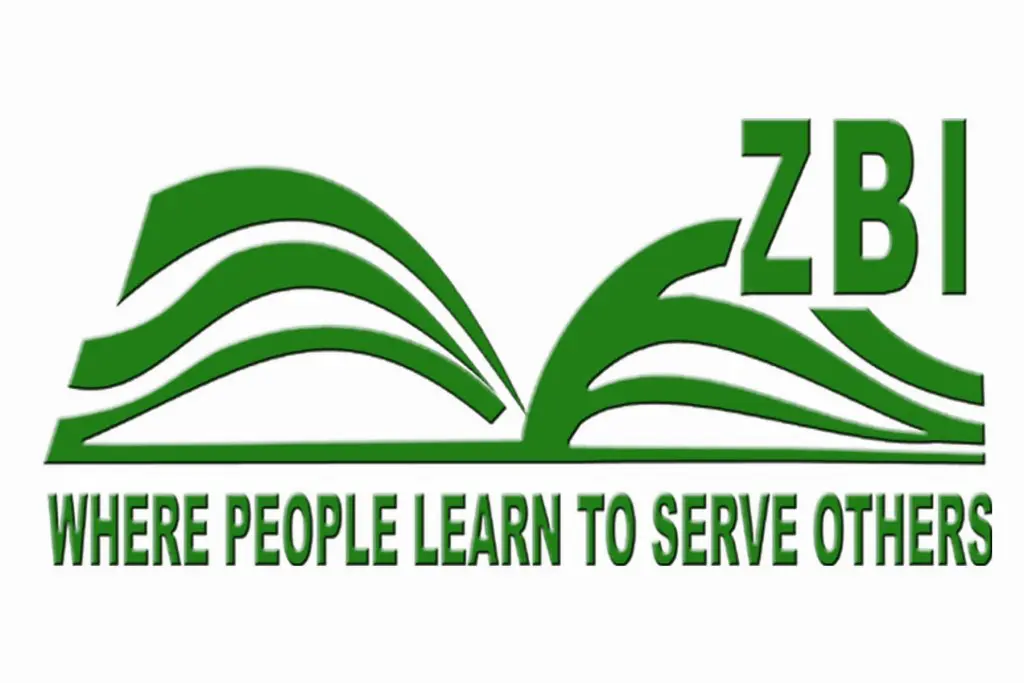Talk to Havilah Dharamraj and she’ll tell you that South Asia certainly does. Of course she’d say that – she’s the Academic Dean of South Asia’s leading evangelical Theological institution for post-graduate study!
But Havilah’s not just toeing the party line; she has some very good reasons for believing that higher degrees are not simply academic notches on a belt, but significant door-openers for changing society.
Havilah’s first career was teaching biochemistry at high school. But in the 1990’s a love of the Old Testament drew her back to study, so putting teenagers behind her, she did a Masters degree at South Asia Institute for Advanced Christian Studies (SAIACS) in Bangalore. That led to a PhD which was done at Durham University, and funded initially by Langham Partnership International.
It was also funded via Beacon Partnerships by loyal Kiwi donors who had a long-term vision for seeing well-trained senior leaders in strategic positions within the Church across Asia-Pacific – senior leaders like Havilah.
Across the region, qualified biblical leaders who can listen to the world and build contextual bridges to the Word are in short supply – from village churches to urban seminaries.
Their investment has extended their vision, and it has had great impact.
Training other leaders
Since Havilah completed her PhD in 2006 and started teaching on the two main Masters Programmes at SAIACS, she has directly taught and influenced nearly 400 Christian leaders. That might not sound like very many over 12 years, but it’s important to understand who these leaders are, and what they do.
There are three types of students at SAIACS, from all around South Asia, and several other countries in the region:
• Top-level leaders from mission organisations come to upskill;
• Pastors and Ministers from churches throughout the region come to learn how to lead; and
• Faculty and lecturers from other Bible colleges and Christian tertiary training centres come to learn how to teach the Word of God.
Havilah says that whatever students might come for, they go away with a new set of skills – both explicit and implicit. Explicit skills include homiletics, teaching, critical thinking (essential for students coming from a rote learning experience), education and pedagogy, leadership, and working on the interface between contextual issues and the Bible.
As for the implicit curriculum that SAIACS students receive, Havilah says this:
“As South Asians, the caste system is in our DNA. But at SAIACS we are totally egalitarian – we all eat at the same table, and have the choice to call each other by name regardless of our role or rank. This is in the classroom as well as within the SAIACS community. It’s this implicit value that is so central to the Gospel, that Christian leaders who study here, take away with them. And many of them are implementing this same value at their training colleges and organisations because they picked it up here, recognising it’s inherent within the Gospel.”
In the Asia-Pacific context higher degrees are not just CV boosters – they’re door openers for Christian leaders to have influence.
They are higher degrees that are very practical and purposeful:
“How many universities in the West can say their motto is ‘Excellence for mission?” asks Havilah. “We are so focused on mission, that our Principal makes sure he’s at and involved in every major mission conference in our region every year.”
So, by her example, one good reason for having a higher degree in Theology is to be able to teach and train other leaders.
High level influence
Another good reason, Havilah believes, is that a higher degree sets a person up to be a thought leader effecting systemic changes. But she is clear that on its own a higher degree is not enough and that it’s also about how a senior leader then uses their degree/s to lead, influence policy-making, make high-level decisions in the country, and publish.
“In the Christian faith, we need people on the ground, but we also need people at the top levels, because that’s where the big systemic changes take place in our societies. When you work from the top down, you can help sustain what is happening from the ground up.”
Havilah’s daily work combines this kind of thought-leadership, with innovation in learning that is responsive to the needs of the region’s Church.
Right now, together with others, she’s establishing a Masters in Mission Leadership focused specifically on mission organisations. This is in direct response to the move from South Asia mission organisations to decentralise in the face of pressure and persecution.
As they are ‘scattered’, increased leadership skill is needed by many more leaders who are now leading smaller nodes but across greater geographic areas. So, for a mission leader coming to SAIACS to get a Masters in Mission Leadership, again this is no ivory-tower experience – it’s about survival and safety for the Church under pressure.
Publishing much-needed resources
Another way that having a degree brings about significant changes, is through publishing. Havilah has seen big systemic change – or rather significant resource – through her contribution to the creation of the South Asia Bible Commentary (SABC). The commentary is the go-to reference most used by South Asian Christians and leaders to understand the Word of God within the Asian context, and it’s been written by South Asians; with Havilah’s contribution and editorship one of the most substantial.
“The writing of the SABC was a turning point in my writing career, because this time I was writing for the greater Church [not just students]. Now when I see it used I am absolutely delighted to know my contribution makes such a difference for so many people across such a wide region.”
So, does the world need another higher degree? Absolutely! As Havilah puts it:
“Our students see their postgrad degree as a gateway to leading the church strategically in their part of the world.”
